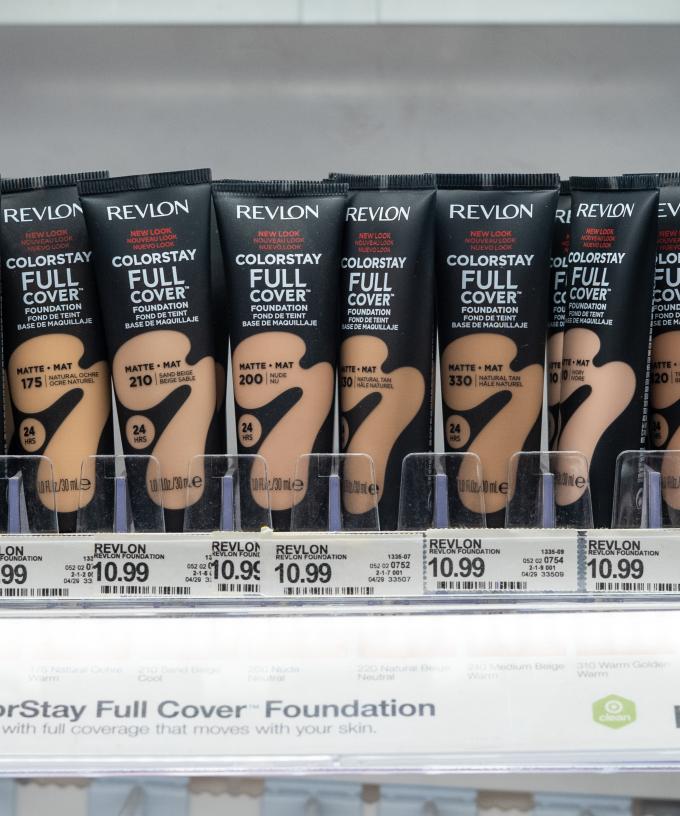Revlon, the 90-year-old multinational beauty company, has filed for Chapter 11 bankruptcy protection in the United States, weighed down by debt load, disruptions to its supply chain network and surging costs.
The New York-based company said that upon court approval, it expects to receive $US575 million ($A823 million) in financing from its existing lenders, which will allow it to keep its day-to-day operations running.
“Today’s filing will allow Revlon to offer our consumers the iconic products we have delivered for decades, while providing a clearer path for our future growth,” said Debra Perelman, who was named Revlon president and CEO in 2018.
Her father, billionaire Ron Perelman, backs the company through MacAndrews & Forbes, which acquired the business through a hostile takeover in the late 1980s. Revlon went public in 1996.
Perelman said that demand for its products remain strong, but its “challenging capital structure” offered limited ability to navigate macro-economic issues.
With brands from Almay to Elizabeth Arden, Revlon had been a mainstay on store shelves for decades. But in recent years it struggled not only with heavy debt but also with stiffer competition and failure to keep pace with changing beauty tastes.
Revlon‘s problems only intensified with the pandemic, which hurt sales of lipsticks as people masked up. Sales fell 21 per cent to $US1.9 billion ($A2.7 billion) in 2020 but rebounded 9.2 per cent to $US2.08 billion ($A2.98 billion) in 2022 as shoppers went back to pre-pandemic routines. In the latest quarter that ended in March, sales rose nearly eight per cent. The company avoided bankruptcy in late 2020 by persuading enough bondholders to extend its maturing debt.
In recent months, Revlon, like many other companies, experienced industry-wide supply chain challenges and higher costs. The beauty company said in March that logistical issues hurt its ability to meet customer orders. It also said it was stymied by rising prices on key ingredients and persistent labour shortages.
It’s a big change from Revlon‘s heyday throughout much of the 20th century when it was the second-largest cosmetics company by sales, behind only Avon. Now it’s No 22, according to a recent ranking by fashion trade journal WWD.
None of Revlon‘s international operating subsidiaries are included in the proceedings, except for Canada and the United Kingdom. The filing was made in the US Bankruptcy Court for the Southern District of New York,
The company listed assets and liabilities between $US1 billion ($A1.4 billion) and $US10 billion ($A14 billion), according to the filing.







